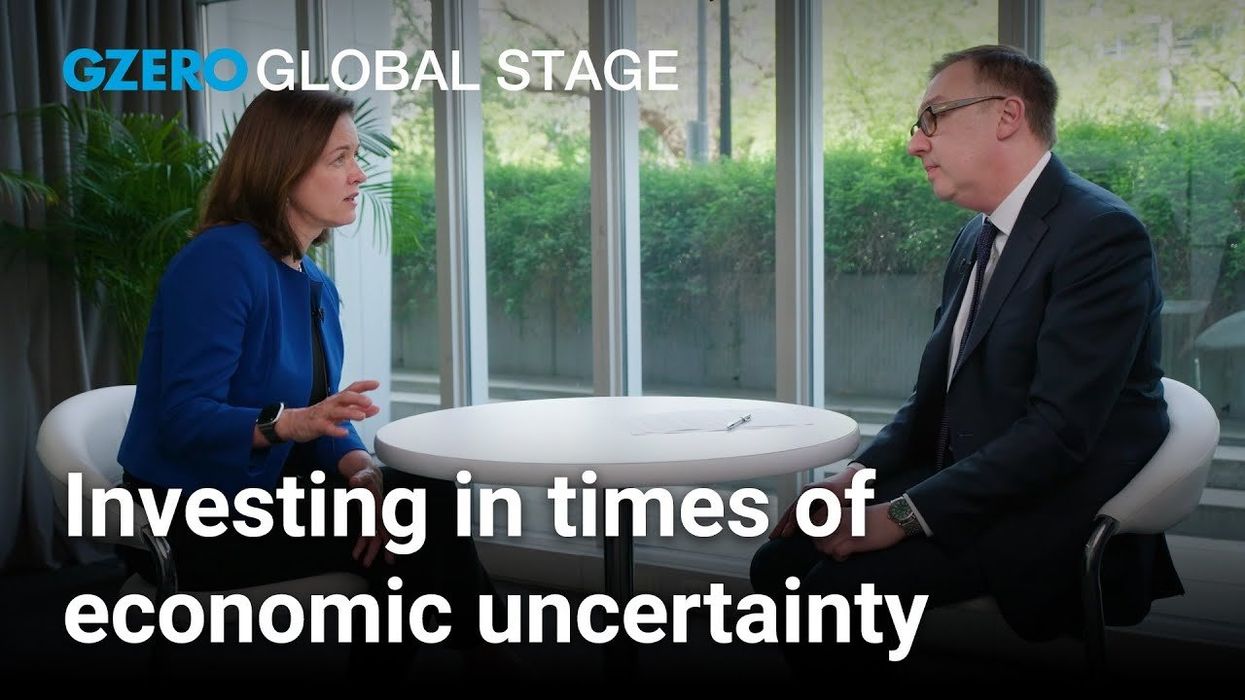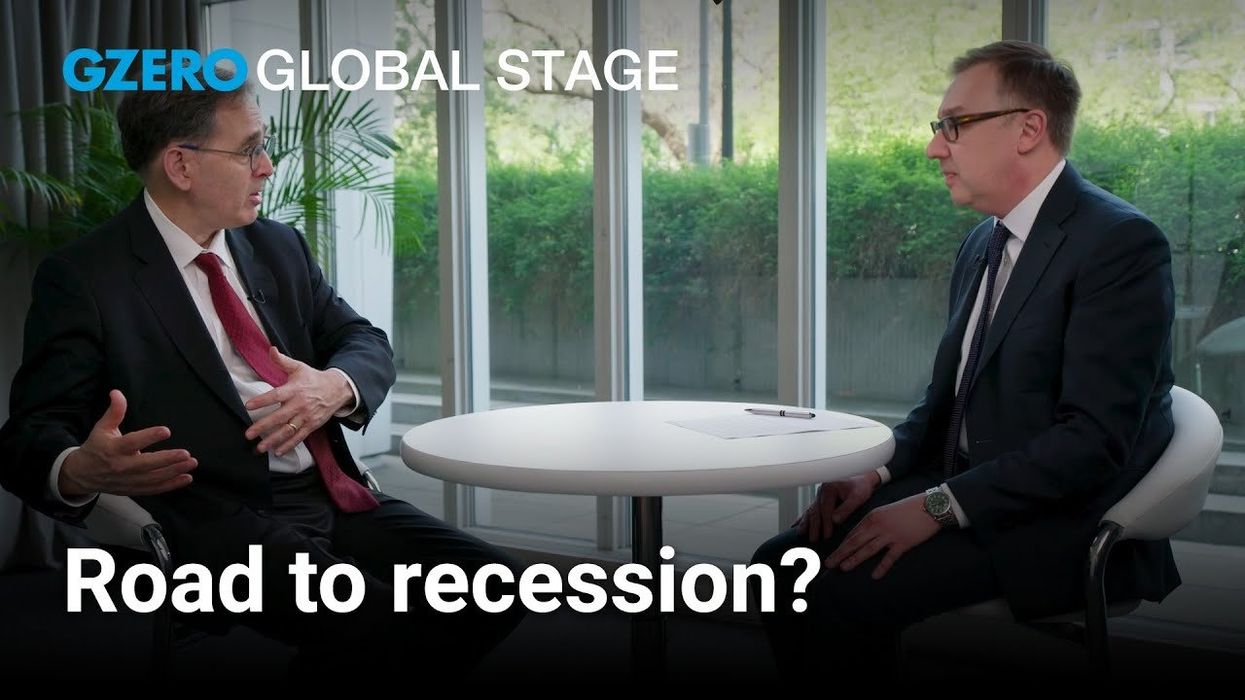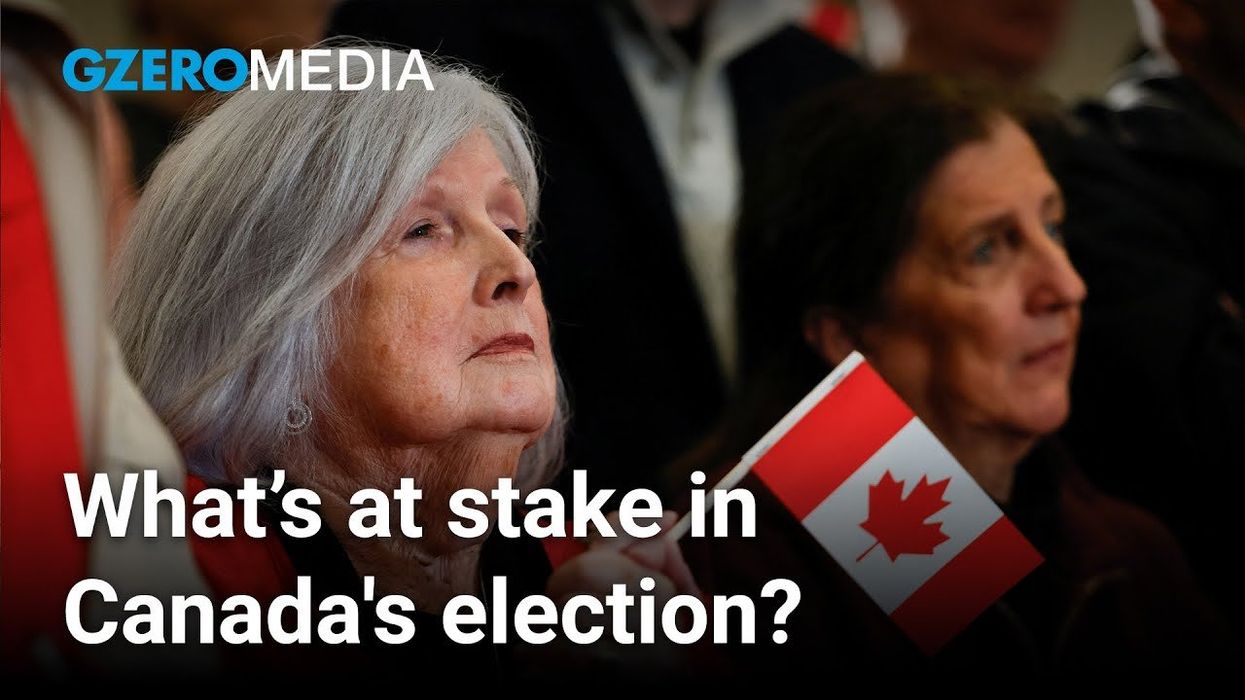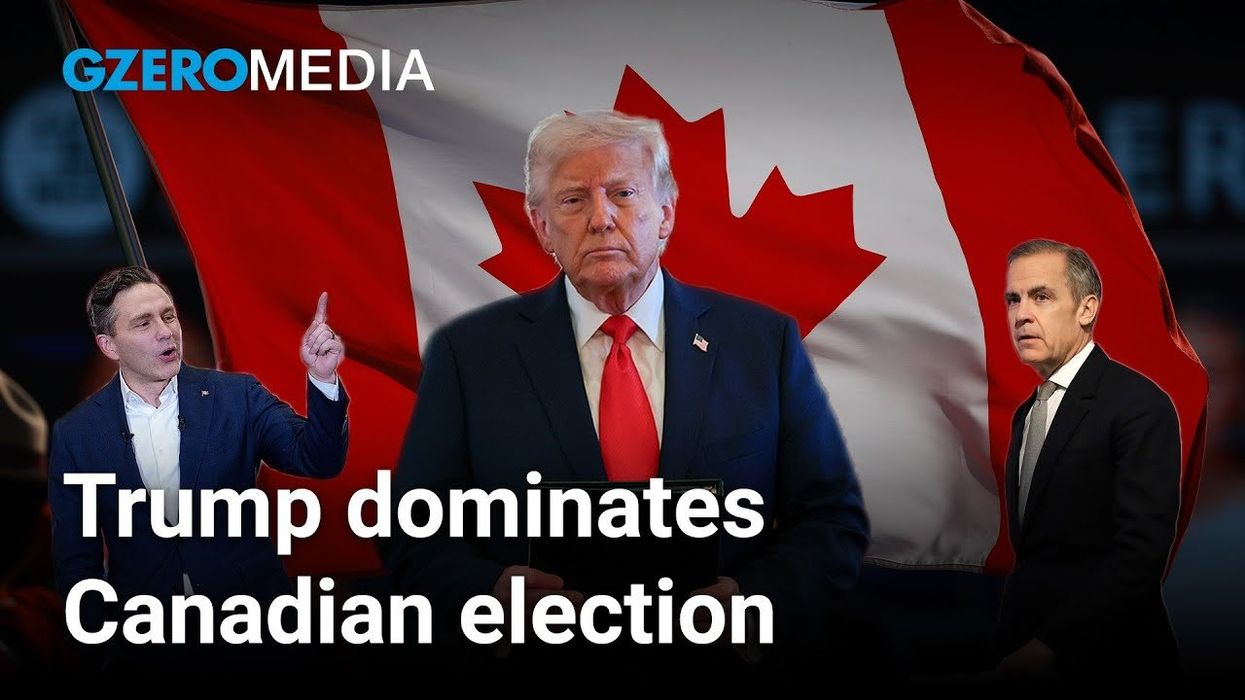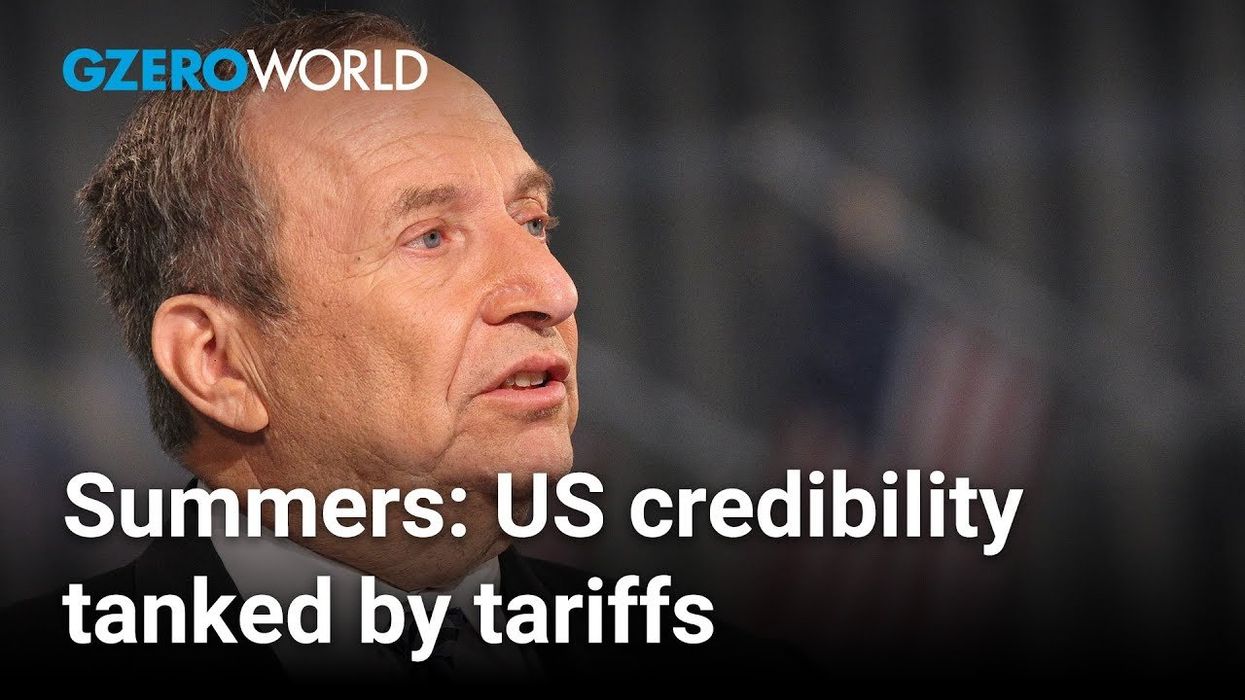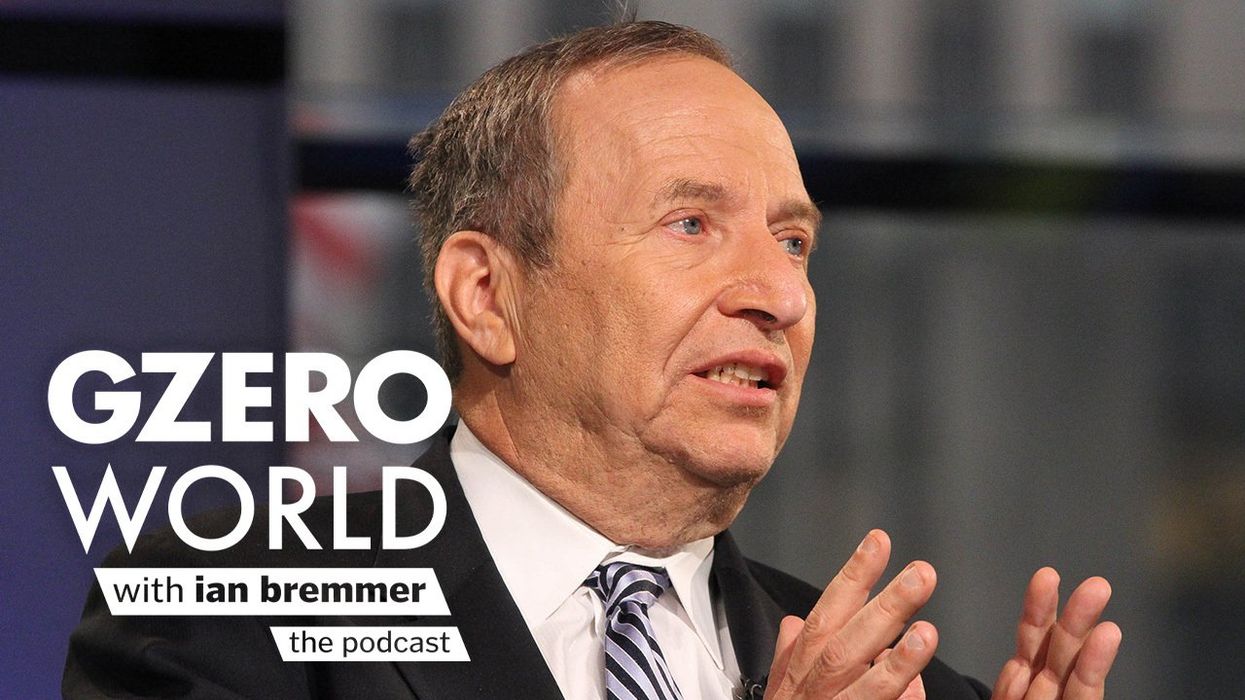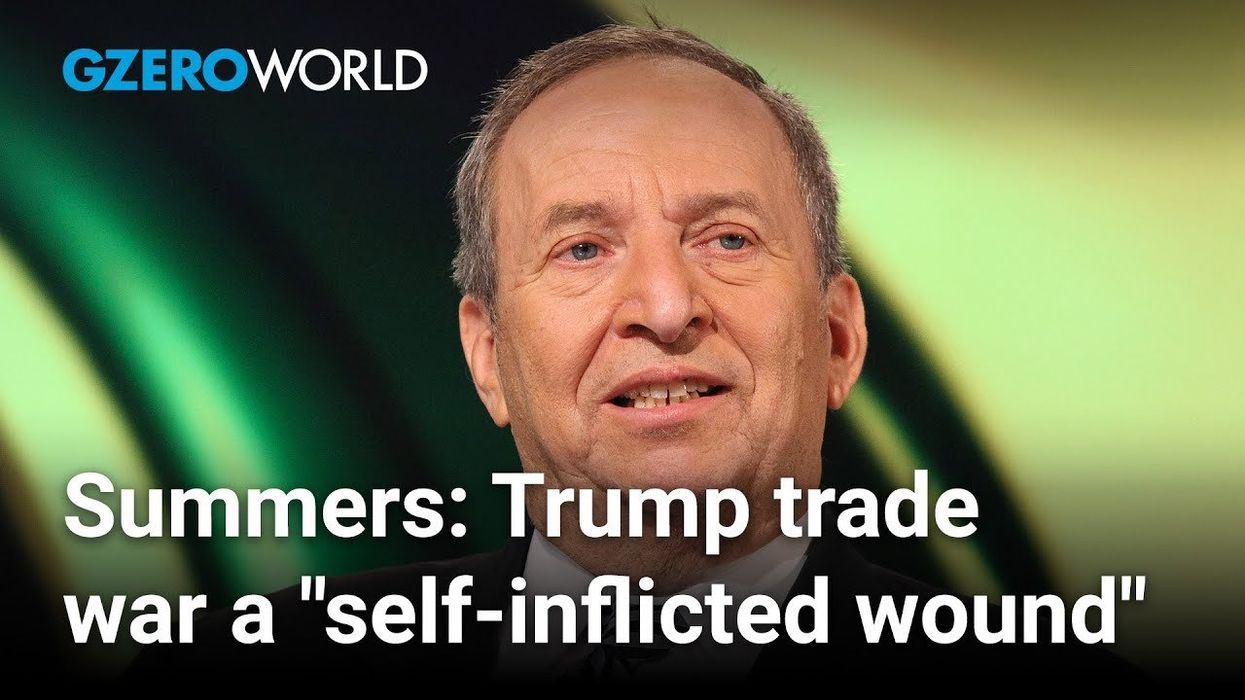Quick Take
Trump’s ‘less is more’ message is un-American
Trump wants you to want less stuff? That’s about as un-American as it gets. On Quick Take, Ian Bremmer examines what a president who built his brand on gold-plating and excess gets wrong about the American way of life.
May 05, 2025



